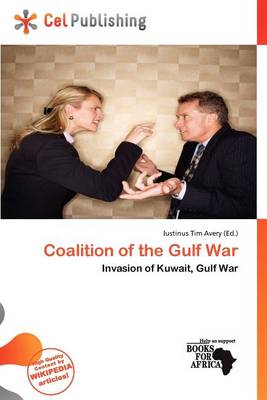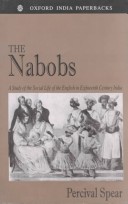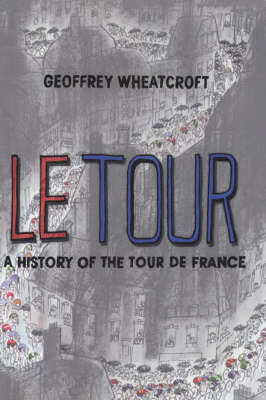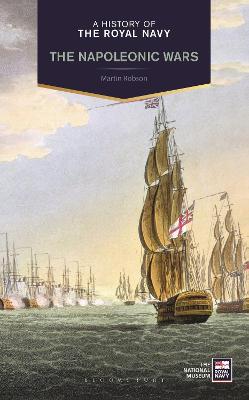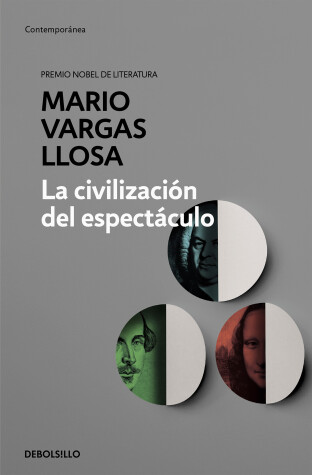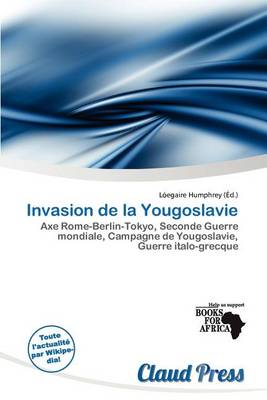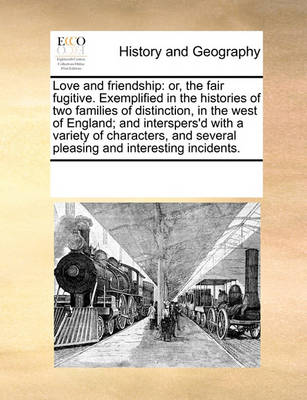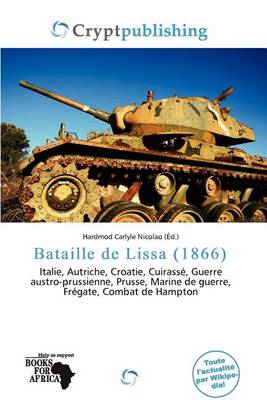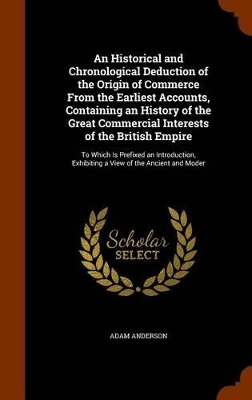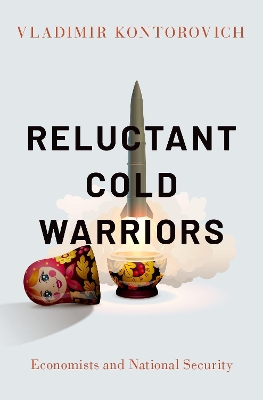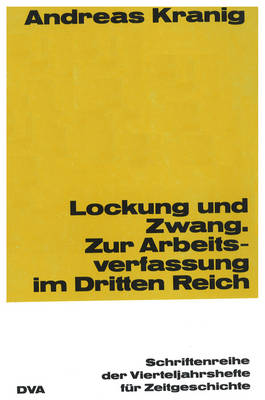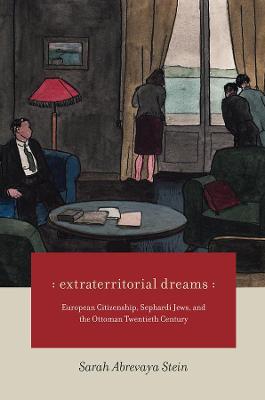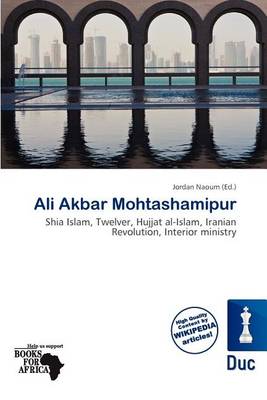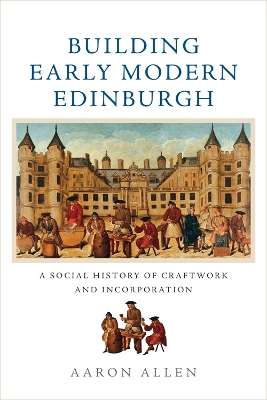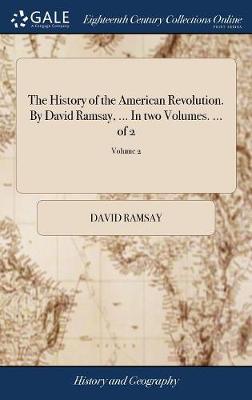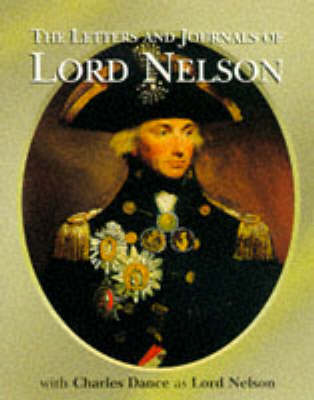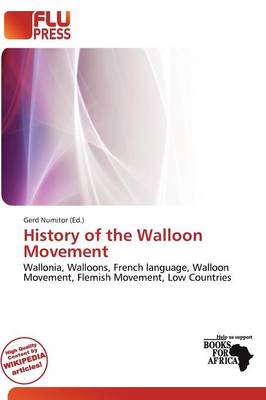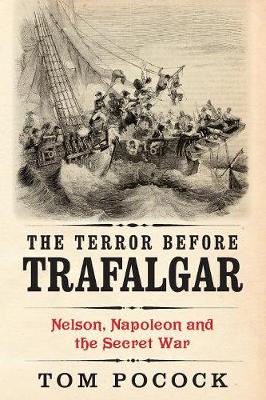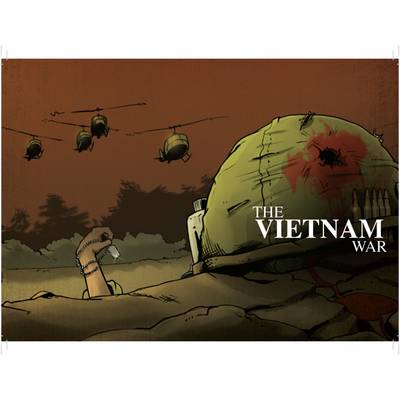This entertaining account of the English in India studies the behavior and the customs of the English from the very first connections down to the end of the eighteenth-century. It attempts to trace and account for the various phases of the development of the social life of the English in eighteenth-century India. The author, the late Dr. Percival Spear (1901-1982) taught history at St. Stephen's College, Delhi, and was the author of The Oxford History of Modern India 1740-1975.
A masterful and hugely entertaining history of the Tour de France's first hundred years. When Henri Desgrange began a new bicycle road race in 1903, he saw it as little more than a temporary publicity stunt to promote his newspaper. The sixty cyclists who left Paris to ride through the night to Lyons that first July had little idea they were pioneers of the most famous of all bike races, which would reach its centenary as one of the greatest sporting events on earth. The races of the early twent...
The French Revolutionary and Napoleonic Wars were the first truly global conflicts. The Royal Navy was a key player in the wider wars and, for Britain, the key factor in her eventual emergence as the only naval power capable of sustained global hegemony. The most iconic battles of any era were fought at sea during these years - from the Battle of the Nile in 1798 to Nelson's momentous victory at Trafalgar in October 1805. In this period, the Navy had reached a peak of efficiency and was unrival...
La civilizacion del espectaculo / The Spectacle Civilization
by Mario Vargas Llosa
En el pasado, la cultura fue una especie de conciencia que impedía dar la espalda a la realidad. Ahora, actúa como mecanismo de distracción y entretenimiento. «La cultura, en el sentido que tradicionalmente se ha dado a este vocablo, está en nuestros días a punto de desaparecer.»,-Mario Vargas Llosa La banalización de las artes y la literatura, el triunfo del periodismo amarillista y la frivolidad de la política son síntomas de un mal mayor que aqueja a la sociedad contemporánea: la idea teme...
Il Corpo E Il Nome (Collana del Centro Romano Di Studi Sull'ebraismo, #1)
by Alessia A Glielmi
Scholars attribute the collapse of the Soviet Union in part to the militarization of its economy. But during the Cold War, economic studies of the USSR largely neglected the military sector of the Soviet economy-its dominant and most successful part. This is all the more puzzling in that academic study of the Soviet economy in the US was specifically created to help fight the Cold War. If the rival superpower maintained the peacetime war economy, why did experts fail to tell us when it mattered?...
We tend to think of citizenship as something that is either offered or denied by a state. Modern history teaches otherwise. Reimagining citizenship as a legal spectrum along which individuals can travel, Extraterritorial Dreams explores the history of Ottoman Jews who sought, acquired, were denied or stripped of citizenship in Europe in the late nineteenth and early twentieth centuries-as the Ottoman Empire retracted and new states were born-in order to ask larger questions about the nature of c...
Much like in the present day, building a house in the sixteenth century involved masons, carpenters and glaziers, among others, and in many cities such trades had separate companies to govern their own affairs. In Edinburgh, however, they banded together in a single body - the Edinburgh Incorporation of Mary's Chapel. Building Early Modern Edinburgh traces the history of the organisation, which sought to control the capital's building trades and defend their privileges. By utilising a range o...
The History of the American Revolution. by David Ramsay, ... in Two Volumes. ... of 2; Volume 2
by David Ramsay
Despatches, Letters and Diary of Vice-Admiral Lord Viscount Horatio Nelson
by Viscount Horatio Nelson Nelson
Nelson's victory at Trafalgar on 21 October 1805 was a pivotal event in European history. But Trafalgar was not simply an isolated battle fought and won in an afternoon - the naval campaign had in fact begun more than four years before. This extraordinary period, following Napoleon's threat to invade England in 1801, came to be known as The Great Terror, and Britain was on the alert. As the Grande Armee faced a Dad's army of English volunteers across the Channel, a secret war of espionage and su...
The Vietnam War (Make History)
